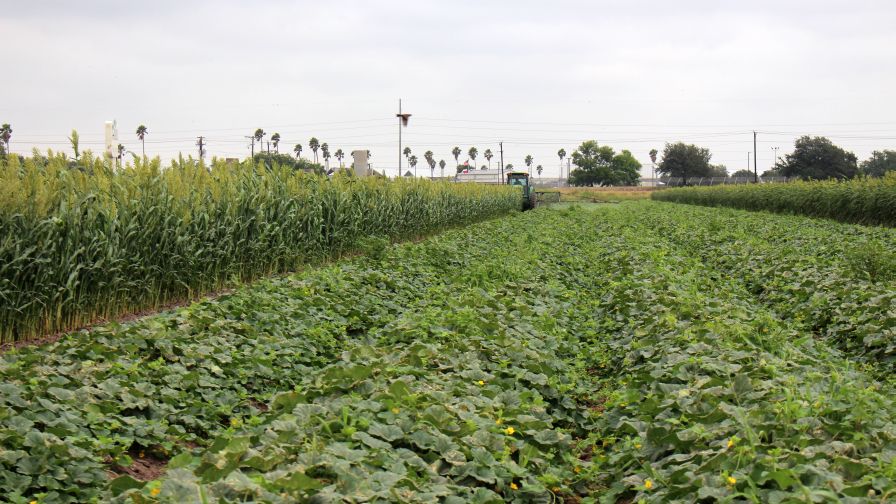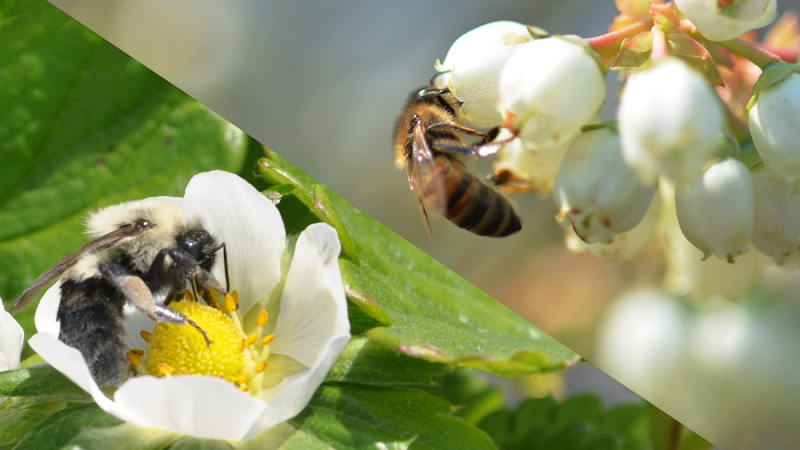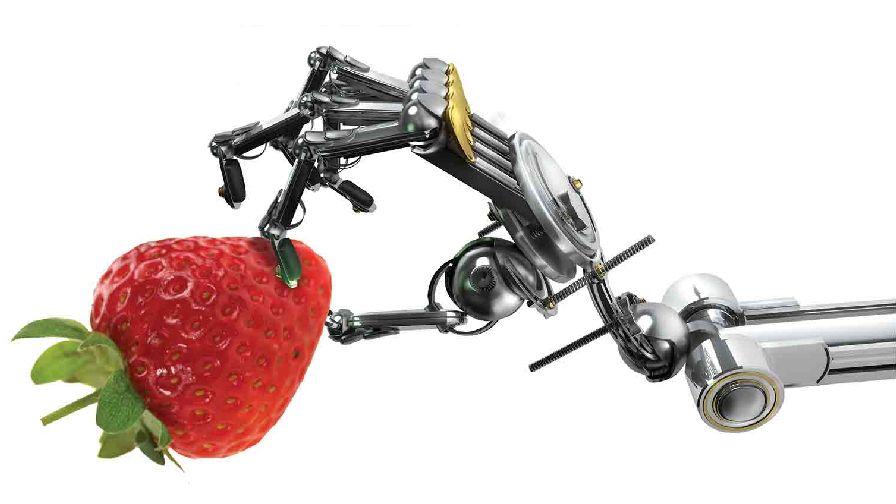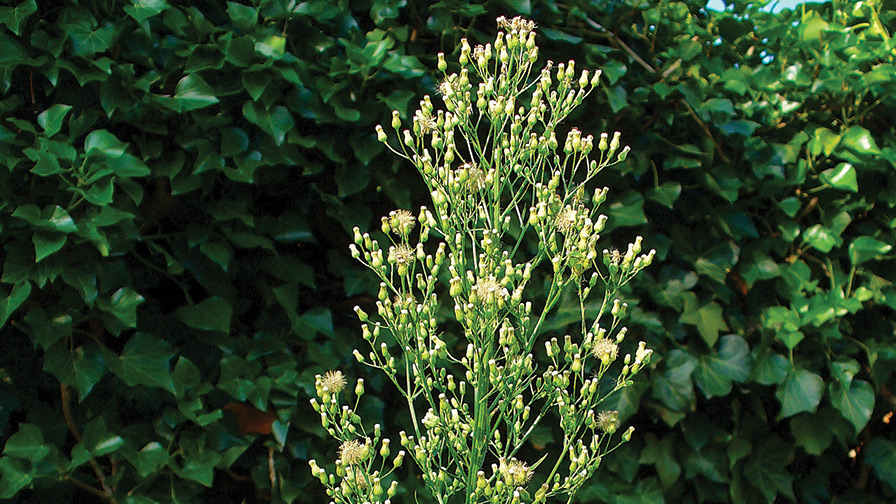In Focus: Rob Arnold

Arnold: “Because of grassroots efforts by myself as well as a number of other like-minded growers and caretakers, low-volume sprayers, such as the LV8, have become a necessity to those of us who are serious about combating psyllids and greening. Three years ago, there were only a handful of these type of machines used in the industry. Currently, such applications are an integral part of the vast majority of caretaking programs throughout the state.”
2. What steps can growers take to get the most out of their low-volume sprays?
Arnold: “I believe the most important aspect of low-volume spraying is coordination. That is for a grower/caretaker to be able to cover as much contiguous (or nearby) acreage in one area as possible in order to prevent untreated areas from providing a safe haven for psyllids. ‘Bad neighbors’ are one of the biggest liabilities when it comes to psyllid control. Hopefully the availability of low-volume applicators will help with this issue.”
3. What are some of the benefits of low-volume sprays in citrus?
Arnold: “The number of additional benefits associated with the use of low-volume machines continues to rise as more test results are finalized. For most growers, the biggest one is being able to cover 200 acres in one night, which allows for an economical method of controlling psyllids. Other benefits include the ability to control a number of other harmful pests, most importantly the brown aphid, which transmits the deadly tristeza virus to trees budded on the sour orange rootstock. As a result, we are seeing a growing number of sour root trees going back into the ground. Another benefit beyond pest control is the ability to make nutritional applications frequently at low rates. These feedings are typically done in addition to standard applications.”
4. In addition to citrus, are there other crops in Florida that could benefit from low-volume sprays?
Arnold: “There is a growing interest in these sprayers by the berry industry, vineyards, peaches, and other intensive crops. The sprayers have been proven to work well in citrus greenhouses as well as ferneries and ornamental nurseries. The truth is, because of the material coverage combined with efficiency, virtually all agricultural crops can benefit from low-volume spraying.”










